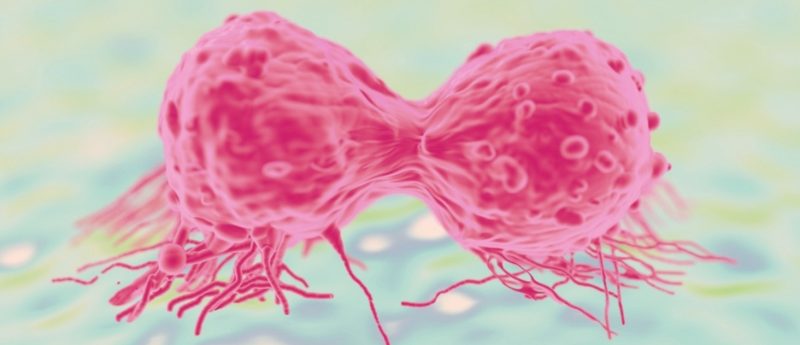Genetic study finds induced pluripotent stem cell reprogramming unlikely to cause cancer

Researchers at the Wellcome Trust Sanger Institute (UK) have tracked the genetic mutations gathered by iPSCs as they are reprogrammed in the laboratory from somatic cells, and found that none of the mutations occurred in cancer-linked genes, indicating that iPSC-based cell therapies and regenerative medicines are unlikely to cause cancer.
Reprogramming of somatic cells into induced pluripotent stem cells (iPSCs) for use as potential therapies means mutated genes in the cells will be passed on, as well as any mutations caused by the reprogramming process itself.
Researchers at the Wellcome Trust Sanger Institute (UK), led by Professor Allan Bradley and Dr Kosuke Yusa, sequenced the genomes of polyclonal and monoclonal somatic cells and derived iPSCs from a healthy individual in order to analyze and compare their mutation rates, and see if the reprogramming process resulted in significant mutations and furthermore any in cancer-causing genes.
Having tracked the mutational history of the cells from blood cell to iPSC, the researchers found that somatic cells had a mutation rate of 14 single nucleotide variants per cell per generation while iPSCs exhibited a ten-fold lower rate. Furthermore, none of the mutations occurred in cancer-linked genes, potentially alleviating some of the fears that the reprogramming process could result in cancer if the resulting cells were used in cell therapies and regenerative medicines.
Professor Allan Bradley, co-senior author from the Sanger Institute, explained: “Until now the question of whether generating iPS cells and growing them in cell culture creates mutations has not been addressed in detail. If human cells are really to be reprogrammed on a large scale for use in regenerative medicine then understanding the mutations the donor cells carry will be a crucial step. We now have the tools to do this.”
Dr Foad Rouhani (Wellcome Trust Sanger Institute), first author of the study, also commented: “None of the mutations we found in induced pluripotent stem cells were cancer-driver mutations or mutations in cancer-causing genes. We didn’t find anything that would preclude the use of iPS cells in therapeutic medicine.”
The researchers also found that the genetic changes that do take place in iPSCs in the lab could be caused by oxidative stress, providing information that may help improve the iPSC generation process.
“One of the exciting things is that we have found a way to use iPS cells as a tool to look at the genetic history of a single cell,” stated Dr Kosuke Yusa, co-senior author from the Sanger Institute. “It also underlines the fact that before you use these cells you really need to characterise them to a high degree to know where the mutations that have been introduced are.”
Future work will be to investigate the variation within a tissue or between tissues. Researchers from The Scripps Research Institute and the J. Craig Venter Institute also recently assessed various iPSC reprogramming methods for safety in cell therapy.
Sources: Rouhani FJ, Nik-Zainal S, Wuster A et al. Mutational history of a human cell lineage from somatic to induced pluripotent stem cells. PLoS Genet. 12(4), e1005932 (2016); www.sanger.ac.uk/news/view/test-run-finds-no-cancer-risk-stem-cell-therapy